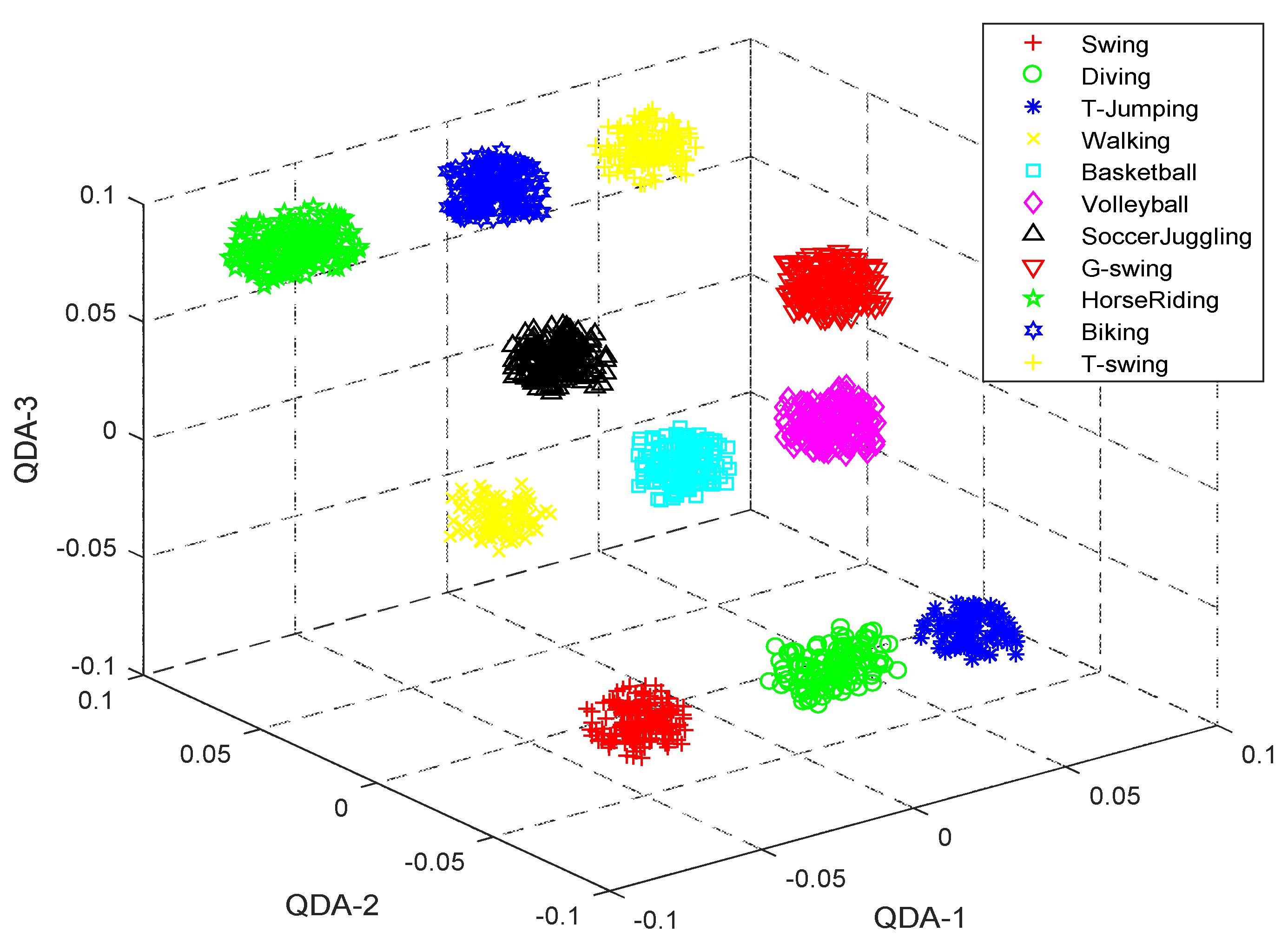



7, 8 CPCs release a wide panel of humoral factors and vesicles defining a specific functional “secretome”, which exerts proangiogenic, anti-apoptotic and commitment effects. The rationale of this idea is based on the increasing evidence showing that the observed therapeutic effects, even with cardiovascular-committed resident CPCs, are significantly mediated by stem cell secretion of humoral factors. 4 Moreover, the minority of cells that survives in the unsuitable ischemic microenvironment of the damaged heart tissue has not been shown to directly differentiate into new cardiomyocytes with high efficiency, 5, 6 However, based on the evidence that cell injection has a positive outcome on heart function even without long-term engraftment, a paracrine hypothesis has been suggested. 1- 3 However, it has been demonstrated that many of the injected cells are lost within few hours after injection, so that only about 5-10% of them can be detected after one day. Resident cardiac progenitor cells (CPCs) have been tested in multiple animal models, and in few clinical trials, they seem to hold a very promising potential. In the last decade, research has focused its attention on cardiac cell therapy as a potential alternative tool to repair a damaged heart and restore, at least partially, its function after injury. Up until now, the only conclusive therapeutic strategy is the heart transplantation that is limited by organs availability and immunological issues. Myocardial infarction is still the leading cause for mortality in the Western World. Keywords: Cardiac progenitor cells, Extra-cellular matrix, FBS-derived exosomes, Proliferation These results stress the importance of considering differential biological effects of exogenous cell culture supplements on the final phenotype of primary human cell cultures. We show, for the first time, that exogenous bovine exosomes support the proliferation and migration of human cardiosphere-forming cells, and that their depletion affects cardiospheres formation, in terms of size, yield and extra-cellular matrix production. The aim of this study was to analyse, from a qualitative and quantitative point of view, the in vitro effects of bovine serum exosomes on human CPCs cultured either as cardiospheres or as monolayers of cardiosphere-forming cells.Įffects on proliferation, yield and molecular patterning were detected. According to their potential, many researchers have focused on characterizing exosomes derived from specific cell types, but, up until now, only few studies have analyzed the possible in vitro effects of bovine serum-derived exosomes on cell proliferation or differentiation. Exosomes are candidate mediators of this paracrine effects. Pre-clinical studies suggest that most of the beneficial effects promoted by the injected cells are due to their paracrine activity exerted on endogenous cells and tissue. Abstract Introduction: Cardiac progenitor cells (CPCs) represent a powerful tool in cardiac regenerative medicine.


 0 kommentar(er)
0 kommentar(er)
